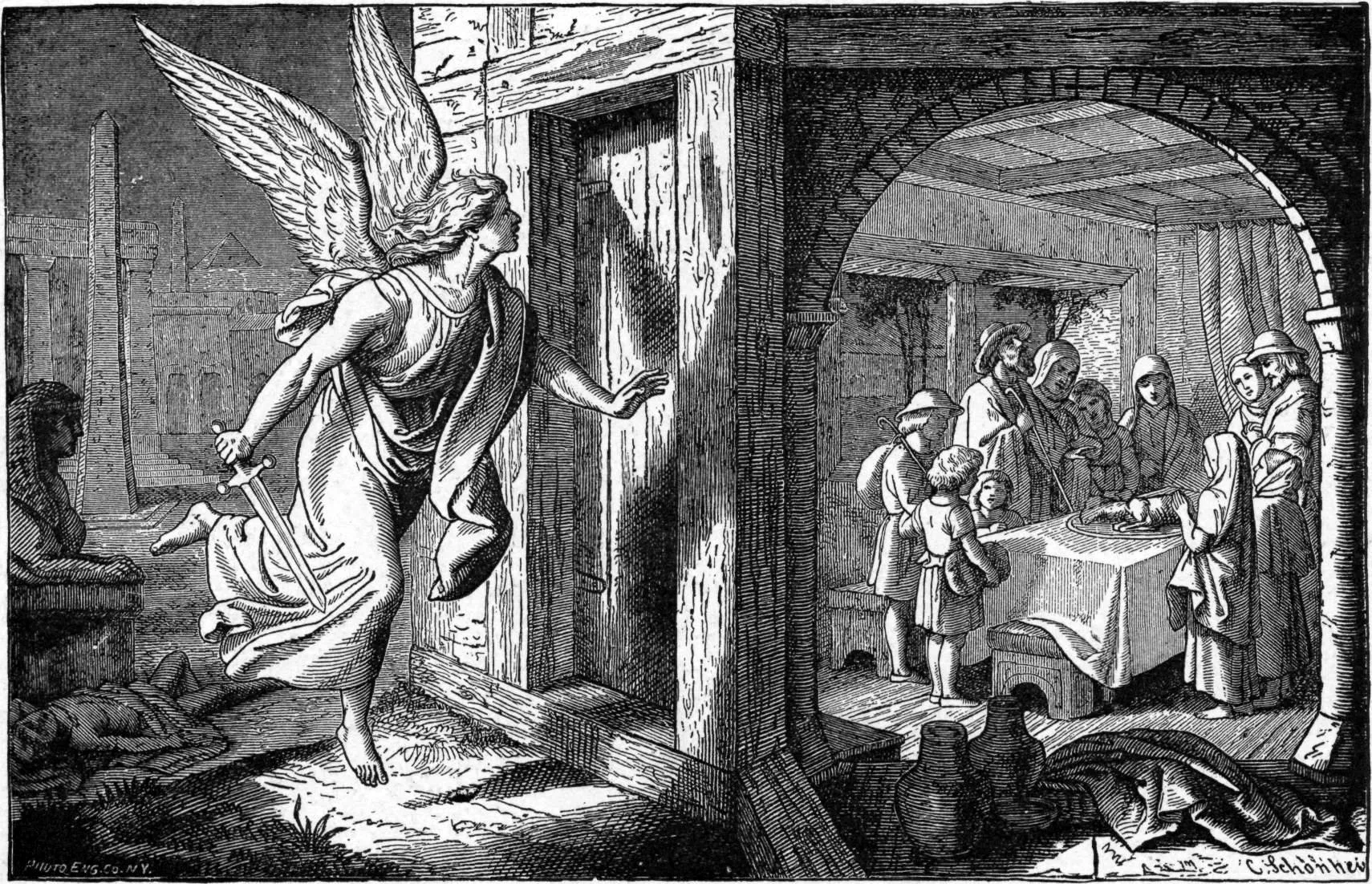Exploring Biblical Perspectives on Remarriage After the Death of a Spouse: A Youth Pastor’s Guide
As a youth pastor who loves his community, one of the most common questions I receive from those who are grieving the loss of a spouse is what the Bible says about remarriage after death. It’s a sensitive topic, but an important one to explore.
In this article, we’ll delve into the biblical passages and interpretations related to remarriage after the death of a spouse. We’ll also consider the role of culture and historical context in understanding the Bible’s teachings on remarriage.

But beyond the scriptural context, we’ll also explore the personal convictions and spiritual guidance involved when considering remarriage after the death of a spouse. And finally, we’ll conclude with personal reflections on the subject.
If you’re interested in learning more about Christianity and the complex topic of remarriage after death, continue reading with an open heart and mind.
An introduction to the topic of remarriage after death in the Bible.

If you are a Christian who has lost your spouse, it is natural to wonder if it is appropriate to remarry. The Bible does address this topic, but the answer may not be as straightforward as some would hope.
First and foremost, it is important to remember that the Bible encourages marriage and values the sanctity of the marital bond. However, when a spouse passes away, there may be circumstances where remarriage could be appropriate.
In 1 Corinthians 7:39-40 (NIV), Paul writes: “A woman is bound to her husband as long as he lives. But if her husband dies, she is free to marry anyone she wishes…” This passage suggests that remarriage after death can be acceptable in certain situations.
However, there are also passages in the New Testament that suggest celibacy or remaining single after losing a spouse can have benefits for one’s spiritual life (1 Corinthians 7:8-9). Ultimately though,the decision on whether or not to remarry should come from an individual’s personal discernment through prayer and seeking wise counsel from trusted advisors within their community.
As Christians we must also consider how our actions affect others around us including children left behind by our deceased spouses or extended family members such siblings-in-law etc.
Overall,I encourage all those wrestling with this question of remarriage after death,to keep Christ at center stage while considering factors such emotional healing following loss,maintaining healthy relationships with all involved parties,and keeping God-glorifying intentions at heart when moving forward into any new relationship.”
Biblical passages and interpretations related to remarriage after the death of a spouse.
As a youth pastor who loves his community, I understand that the topic of remarriage after the death of a spouse can be sensitive and difficult to navigate. However, it is important to turn to biblical passages for guidance on this matter.
Firstly, it is important to note that marriage in Christianity is intended as a lifelong commitment between two people. However, death may separate them from each other. In 1 Corinthians 7:39-40, it says “A woman is bound to her husband as long as he lives. But if her husband dies, she is free to marry anyone she wishes…in my judgment she [the widow]is happier if she stays single.” This passage suggests that while remarriage after the death of a spouse is permissible in Christianity,it should not be entered into lightly or without consideration.
Furthermore,in Romans 7:2-3,”For example,a married woman whose husband dies,is released from her marriage vows.So then if,she marries another man while her first husband still alive,she will be called an adulterer.But even when he’s dead,the law applies and shows him up for what he was by pointing out where sin existed.”This passage gives further insight into how Christians should approach remarriage after the death of their spouse.It emphasizes both honoring their previous commitment through mourning,but also recognizing they are released from those marital vows with death.This helps widows,widowers,and potential new spouses balance compassion with respect for God’s intentions regarding marriage.
Lastly,Ecclesiastes4:9-12 states,”Two are better than one,because they have good return for their labor.If either one falls down ,one can help up his fellow .But pity anyone who falls and has no one else,no companion,no neighbor or friend,to pick him up.Also ,if two lie down together ,they will keep warm.Benefit comes through
The role of culture and historical context in understanding the Bible’s teachings on remarriage.

Understanding the Bible’s teachings on remarriage after death requires a deep dive into culture and historical context. As a youth pastor who loves his community, I am committed to helping people understand this complex issue in a loving and caring way.
In biblical times, marriage was more than just a legal contract between two individuals. It was also an economic and social arrangement that involved families, tribes, and communities. In this context, remarriage after the death of one’s spouse had different implications than it does today.
For example, in Jewish tradition at the time of Jesus’ ministry on earth (1st century AD), widows were often left vulnerable without the protection or support of their husbands. Remarriage for them was not only acceptable but encouraged as a means of providing security for themselves and their children.
However, in some Christian circles today there is still debate about whether remarriage after death is biblically permissible or not. This stems from interpretations of passages like Romans 7:2-3 which states “For example, by law a married woman is bound to her husband as long as he is alive but if her husband dies she is released from the law that binds her to him…So then if she has sexual relations with another man while her husband is still alive she commits adultery.”
It’s important to note that these passages are referring specifically to situations where someone divorces their spouse (which Jesus himself said was only permissible under certain circumstances) rather than when someone becomes widowed.
Ultimately though what matters most isn’t necessarily what specific verses say about remarriage after death; rather it’s how we approach these issues with love towards others who may have experienced loss themselves or be struggling with difficult questions related to faith & relationships overall – especially since divorce can happen even within marriages considered godly by many Christians!
Balancing personal convictions and spiritual guidance when considering remarriage after a spouse’s death.
As a youth pastor who cares deeply about your spiritual well-being, I understand that considering remarriage after the death of a spouse can be a difficult and complex decision. Balancing personal convictions with spiritual guidance can be challenging, but it is important to seek wisdom from God for clarity.
In Christianity, the Bible does not provide explicit guidance on whether or not it is acceptable to remarry after the death of one’s spouse. However, there are several principles that we can glean from scripture that may help guide our decisions.
Firstly, we are called to love others as ourselves (Mark 12:31). This means that finding companionship and support in marriage is not only natural but also beneficial for our emotional and mental health. It’s important to remember that God created us for relationships – both with Him and with others.
At the same time, we must consider our personal convictions regarding remarriage. Some individuals may feel guilty or disloyal towards their previous spouse by pursuing another relationship while others may feel ready to move forward in life.

Ultimately, seeking prayerful discernment through reading scripture and communicating openly with trusted Christian friends or mentors can provide valuable insight when making these types of decisions. We should also prioritize honoring our past relationships by acknowledging their significance while recognizing opportunities for growth ahead.
In conclusion dear reader-while considering remarriage following loss will never be an easy decision; taking thoughtful steps towards understanding biblical guidelines alongside personal feelings will hopefully bring clarity during this challenging time in your life as you continue growing spiritually along this journey within Christendom .
Conclusions and personal reflections on the subject.
As a youth pastor who loves his community, I understand that the topic of remarrying after death can be a sensitive one. However, it is important to approach this subject with love and understanding while still remaining true to biblical teachings.
The Bible does not explicitly address the issue of remarriage after death, but it does provide guidance on marriage and relationships. In 1 Corinthians 7:39, it states that “A wife is bound as long as her husband lives; but if her husband dies, she is free to marry anyone she wishes.”
This verse suggests that remarriage after death may be acceptable in certain circumstances. However, it’s important for individuals considering such a decision to consult their own personal beliefs and values before making any decisions.

It’s also important for Christians to remember that marriage is a sacred union ordained by God. Therefore, any decisions regarding remarriage should be made with careful consideration and prayerful discernment.
Ultimately, our focus as Christians should always remain on living out our faith in love towards others rather than simply following rules or guidelines laid out in scripture.
In conclusion, while the Bible may not provide clear-cut answers when it comes to remarrying after death – we can take comfort in knowing that God desires us all to live life abundantly through loving Him first and foremost – then loving others deeply from there!
Conclusion
Regardless of your opinion on remarriage after death in the Bible, it can offer a great opportunity to reflect on our own personal convictions and seek out spiritual guidance. Understanding what is written within its pages as well as how culture and historical context shape our interpretations is an important part of learning about Christianity. If you’re interested in exploring this topic further, why not reach out to your local youth pastor? They love their community and would be more than happy to discuss this with you.












